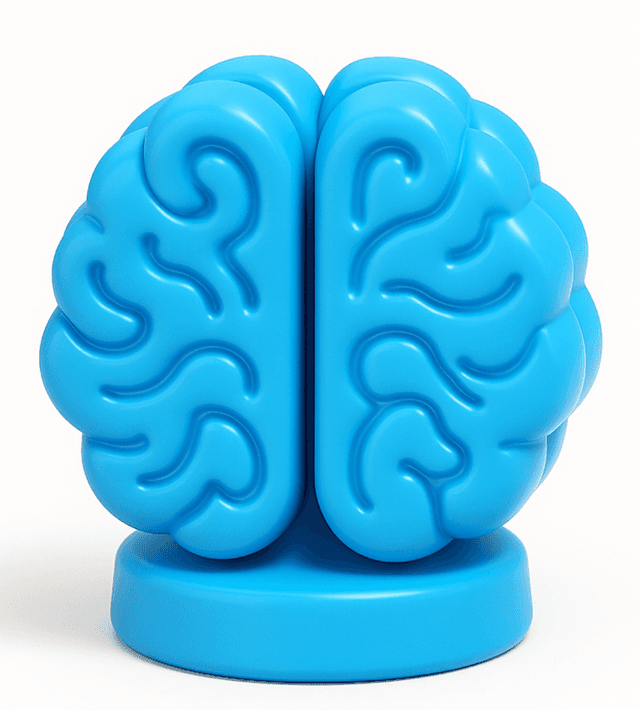Your Brain & Bucket Lists
Discover the fascinating neuroscience behind why bucket lists are so powerful for brain health and cognitive enhancement.
How Bucket Lists Change Your Brain
Your bucket list is more than just a wish list—it's a powerful neurological tool that literally rewires your brain for success, happiness, and resilience. Here are the five key ways bucket lists transform your brain:
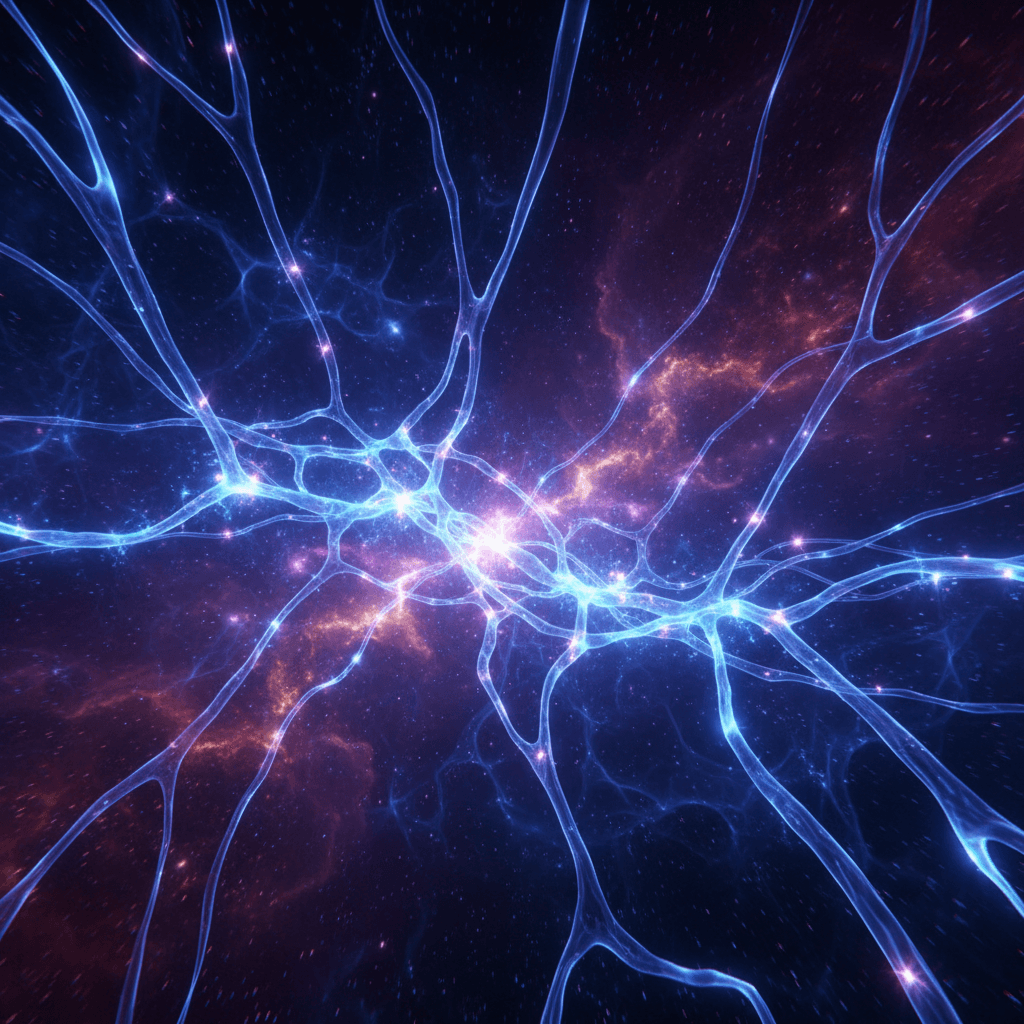
Neuroplasticity Activation
When you create and pursue bucket list goals, you activate your brain's neuroplasticity—its ability to form new neural connections. This process strengthens cognitive function and builds mental resilience.
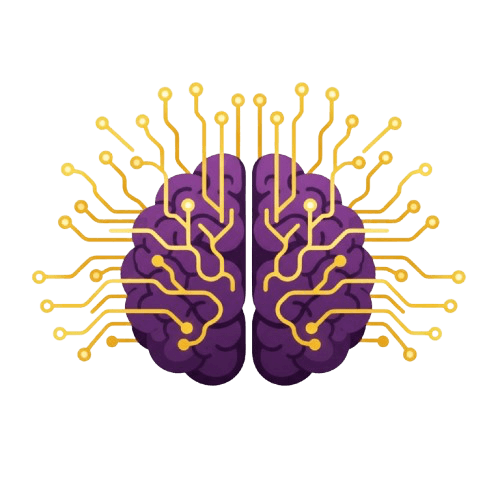
Dopamine Release
Anticipating and achieving bucket list experiences triggers dopamine release, creating positive reinforcement loops that motivate further growth and adventure.
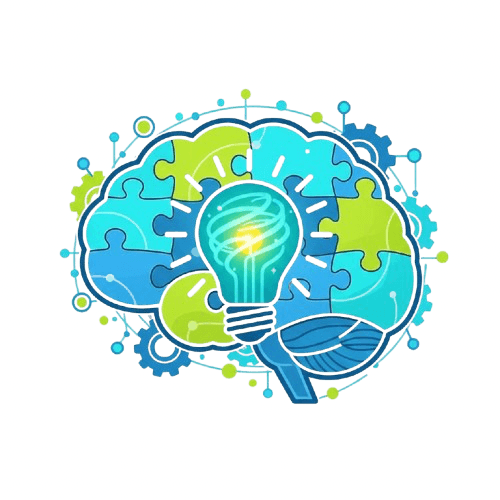
Enhanced Problem-Solving
Planning adventures forces your brain to think creatively, improving executive function and decision-making skills that transfer to all areas of life.
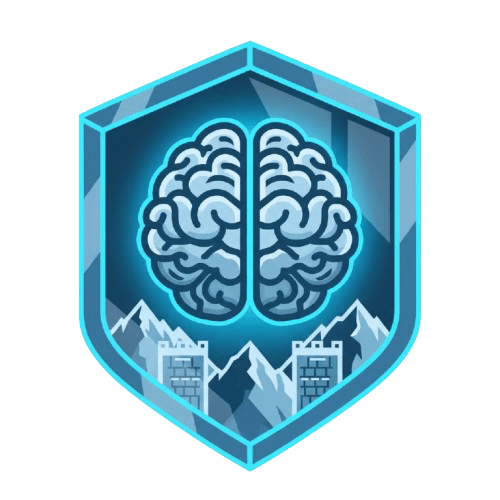
Stress Resilience
Overcoming challenges on your bucket list journey strengthens mental resilience and increases your ability to handle stress in everyday situations.
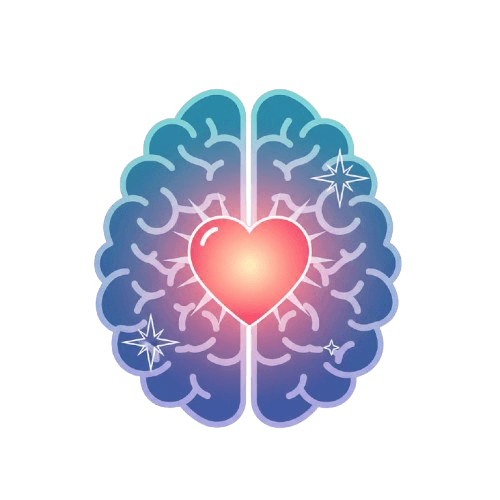
Meaning & Purpose
Purposeful goal-setting activates brain regions associated with meaning and life satisfaction, combating anxiety and depression while enhancing overall well-being.
The Story of Your Brain on a Bucket List: Expanding Your Insight About Expanding Your Brain
by Dr. Jeffrey DeSarbo
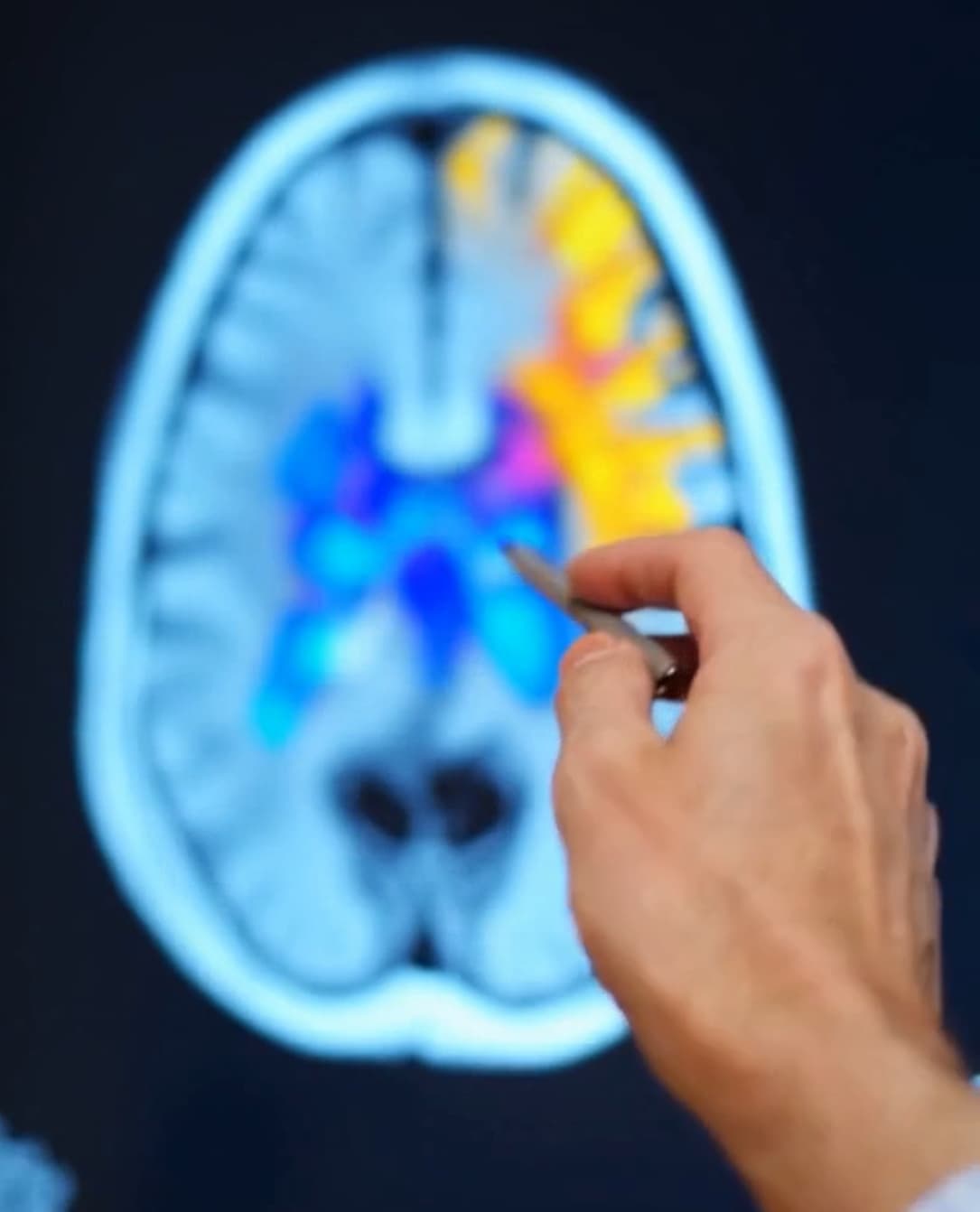
In this section, the words in bold may be new to you and sound intimidating to some, but hang in there, and soon you will better understand. Of course, I highly recommend reading The Neuroscience of a Bucket List: Getting the Most from Your Brain and Life to better understand these important concepts.
I encourage you to consider making it a goal to learn more about how your brain works, perhaps even adding it to your own bucket list.
Starting Our List
When we begin to make a bucket list, something extraordinary begins to happen in the brain. It isn't just a to-do list; it's a neurological rehearsal for meaning, joy, growth, and vitality. Consider this your introduction to the complexities of your brain on a bucket list. Here you will begin to learn how approaching life with a bucket list engages and stimulates the brain, leading to brain exercises that promote neurogenesis and neuroplasticity.
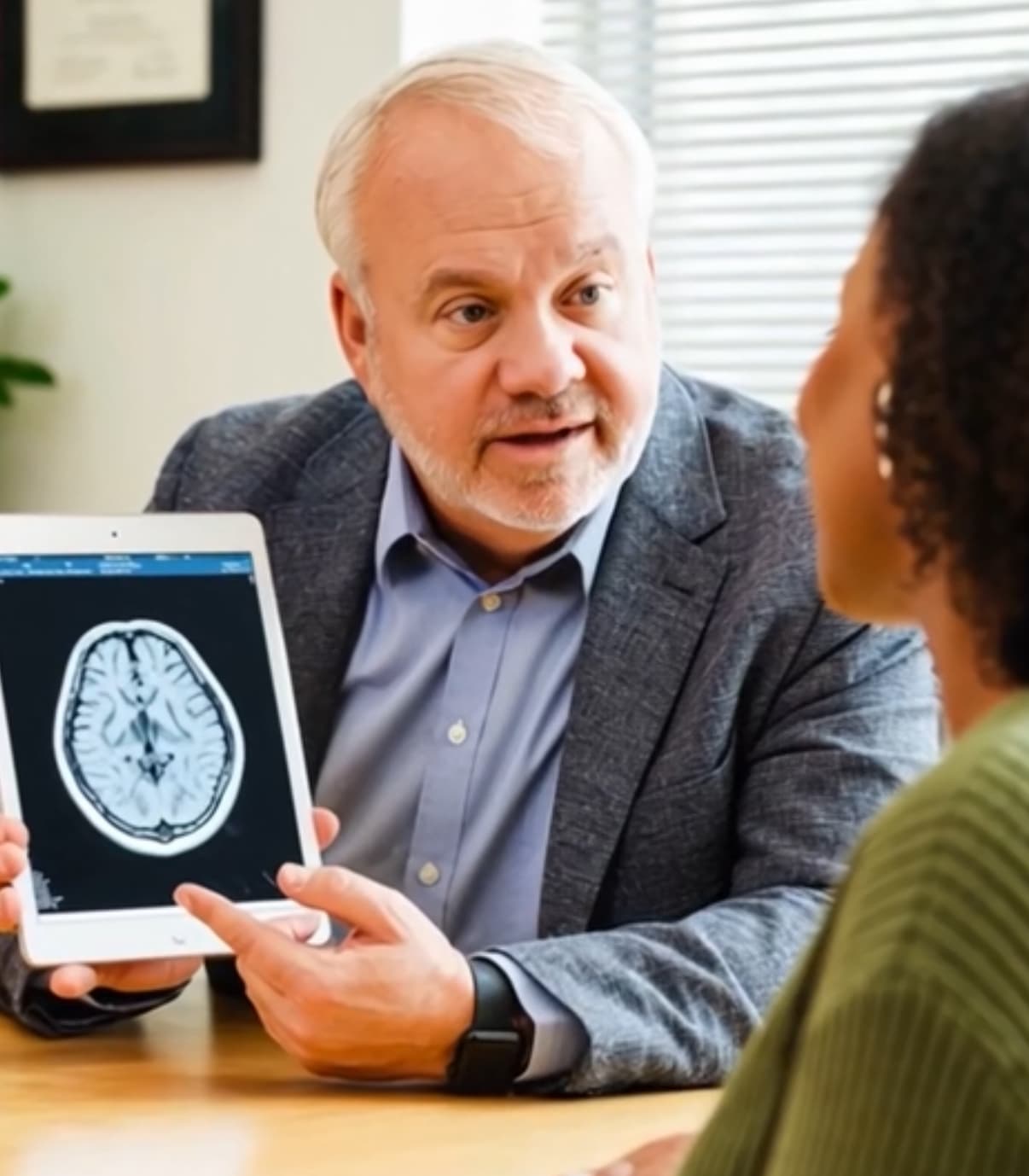
First, the prefrontal cortex comes alive. That's the brain's planning and decision-making center. As we imagine possibilities such as traveling, learning, creating, and connecting, it begins to weigh logic and emotion: Can I do this? Would this make me happy? This moment marks the spark of intentionality and our brain mapping possible futures before they've even begun.
Then, imagination takes over. The Default Mode Network lights up, the same system we use when we daydream or picture our future selves. We mentally walk the streets of Paris, climb the mountain, or write the book. Memory and imagination blend, giving us that beautiful continuity between who we are and who we're becoming.
And even though we haven't done anything yet, the dopamine system, our brain's reward circuit, already starts firing. The ventral tegmental area and nucleus accumbens release small bursts of the neurotransmitter dopamine in anticipation. Just imagining something meaningful triggers motivation. It's the brain saying, "Let's make this real."
Meanwhile, the ventromedial prefrontal cortex starts attaching emotional value. It helps us prioritize what feels authentic and true to us, not what we think we should want, but what genuinely excites us. The hippocampus, our memory and novelty center, joins in, priming curiosity and even stimulating neurogenesis, the creation of new brain cells. Simply by planning, we begin strengthening our brains.
As the salience network helps us decide what matters most, the central executive network moves us toward action, categorizing, organizing, and building micro-steps. And when we land on goals tied to connection or growth, serotonin and oxytocin pathways light up, creating that grounded, grateful feeling. The planning stage alone can shift us from anxiety about time running out to gratitude for time still ahead.
Our List in Action
Now comes the moment itself, when we actually do something on our list. Let's say you're standing on the rim of the Grand Canyon. The wind brushes your face. The scale is almost too vast to comprehend.
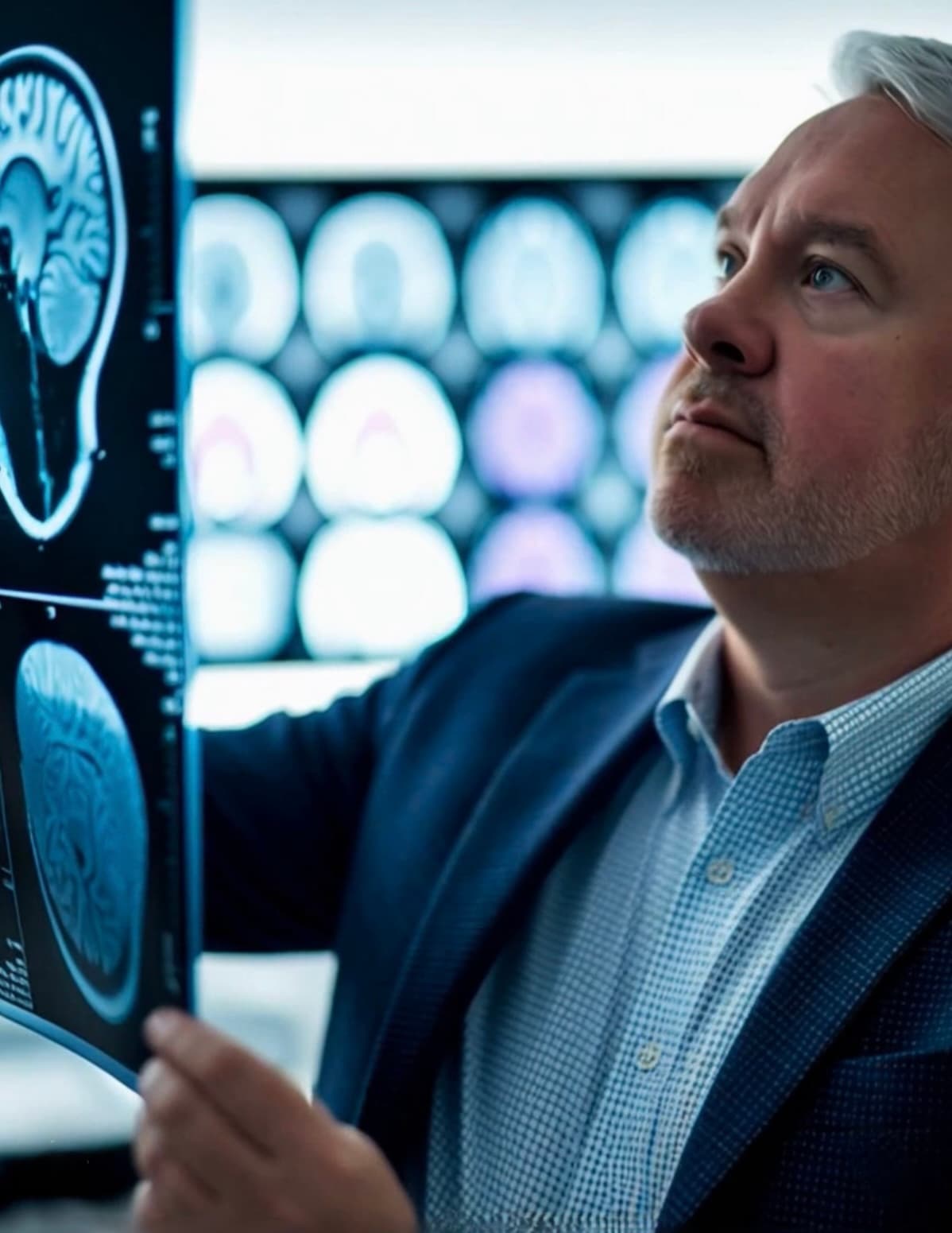
Instantly, your sensory systems go into overdrive. The thalamus relays an explosion of color, light, and sound to your visual and auditory cortices. The hippocampus flags it as "novel," a once-in-a-lifetime moment worth encoding deeply. Dopamine and acetylcholine surge, sharpening focus and amplifying memory.
Then awe takes over. The Default Mode Network, the part of the brain that keeps us focused on ourselves, quiets down. Activity shifts toward the parietal cortex and the vagus nerve, evoking calm and self-transcendence. You feel small in a good way; connected to something larger. Cortisol drops, oxytocin rises, and your body mirrors that peace through slower breathing and steadier heartbeat.
In that moment, the reward system fires again, this time in full bloom. Dopamine floods the nucleus accumbens, and the orbitofrontal cortex registers profound satisfaction: not the quick hit of a notification, but the deep joy of meaning fulfilled.
The amygdala and ventromedial prefrontal cortex then step in to tag the memory with emotion: This mattered. Your identity shifts ever so slightly, and you're now someone who did it. The hippocampus and amygdala work together to encode it for life.
Your body aligns with your mind. The insula maps that sense of calm coherence, releasing serotonin and GABA to stabilize mood. You feel both exhilarated and peaceful, energized yet centered.
Later, as you sleep, the hippocampus replays that day, strengthening the synaptic links that hold the memory. Telling others about it, sharing the photos, and reliving the moment reactivates those same neural pathways, giving small dopamine bursts and deepening the joy. Over time, this process enhances neuroplasticity, motivation, and perspective. Your brain literally learns to seek wonder again.
Afterwords
Finally comes reflection, sometimes immediately after, perhaps a week later, sitting at home, looking at a photo from that museum trip with your family.
When you reflect, the hippocampus and Default Mode Network reactivate the same circuits used during the experience itself. You're not just remembering; your brain is re-living. The ventromedial prefrontal cortex and amygdala reengage, coloring those memories with warmth and meaning; that was special, that was us together.
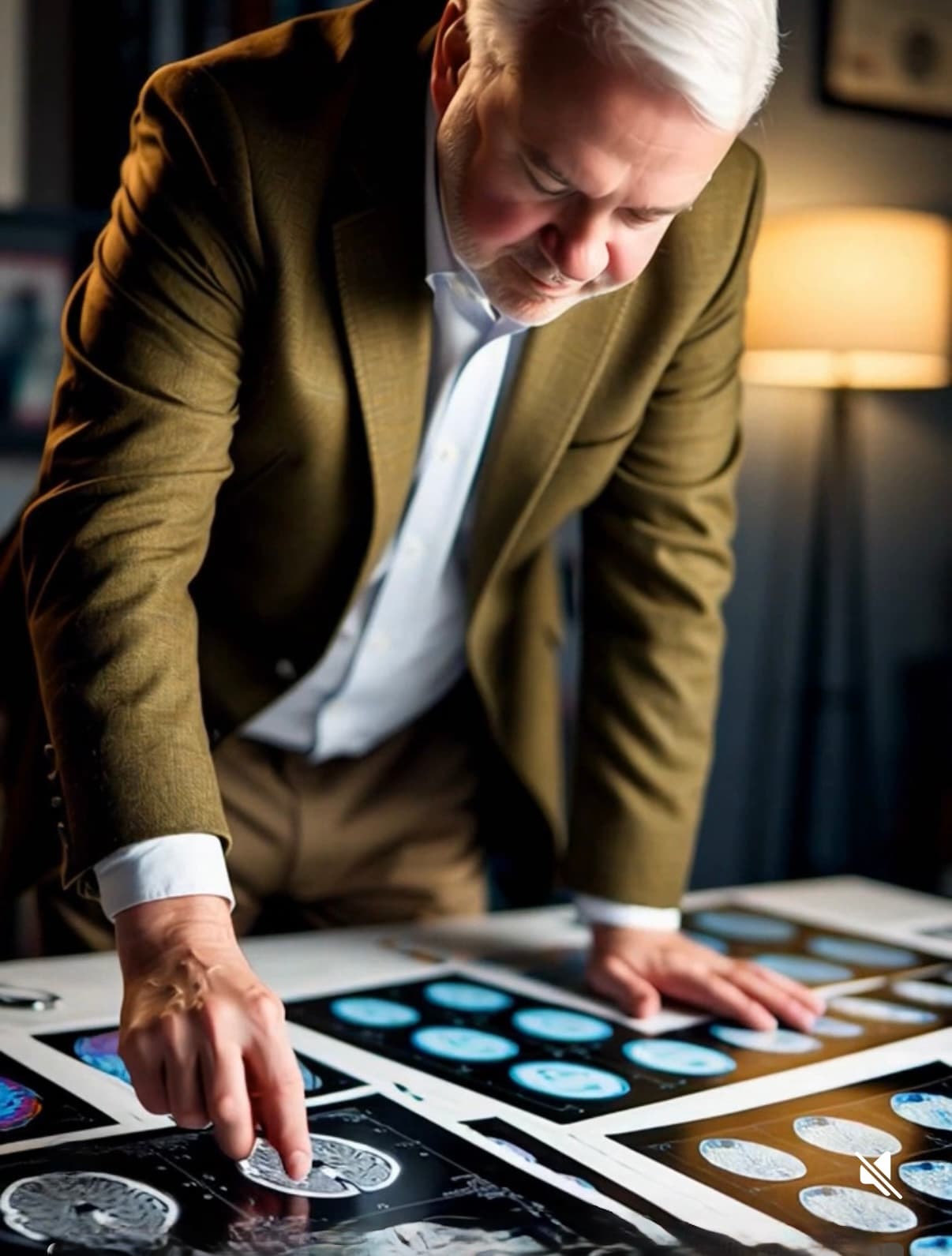
Your reward circuits quietly hum again. Dopamine trickles in, not as a rush but as a gentle glow of satisfaction. This reinforces the habit of savoring, teaching the brain that joy doesn't come only from doing, but also from appreciating.
As you tell the story, maybe showing your kids the pictures, the medial prefrontal cortex and temporoparietal junction weave it into your life story. The language centers sync with emotional ones, forming a coherent narrative: "This is part of who we are." Even empathy gets involved. The mirror neuron system mirrors your loved ones' emotions, deepening connection through shared joy.
Oxytocin flows again, bonding you further.
And as reflection turns to gratitude, the anterior cingulate cortex and insula balance emotion and body, slowing heart rate, easing tension, creating that peaceful calm we associate with contentment. Gratitude isn't just a feeling; it's the brain's version of harmony.
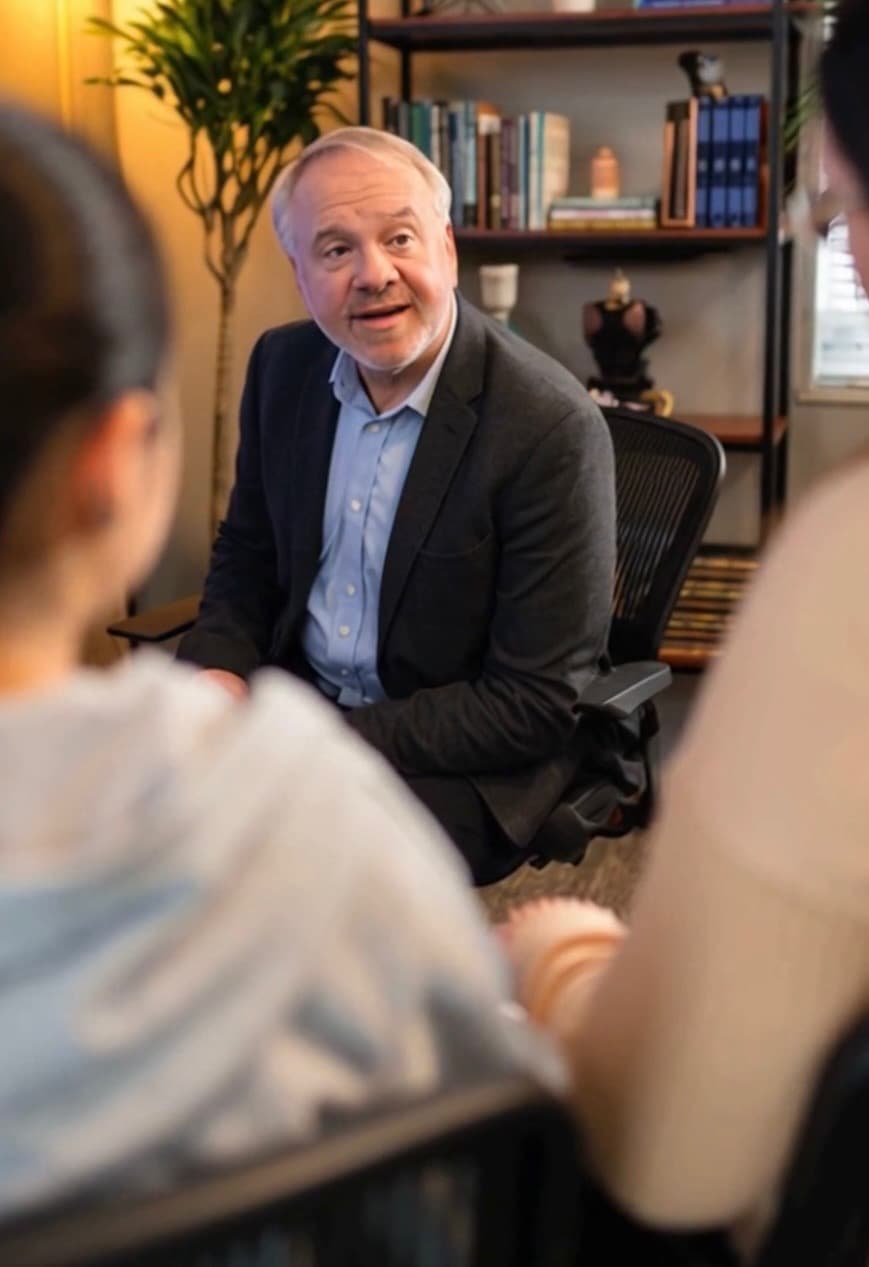
Each time you recall or retell, you're reinforcing identity: I'm someone who dreams, acts, and cherishes. That's neuroplastic growth in action. Over time, these cycles of planning, experiencing, and reflecting build resilience, motivation, and emotional stability. The result? A brain wired for meaning, gratitude, and lifelong curiosity. That is the neuroscience of a bucket list. It's how the simple act of dreaming, doing, and reflecting can literally reshape your brain for a fuller, more intentional life.
